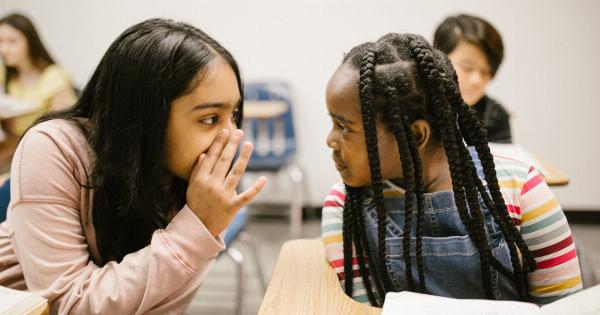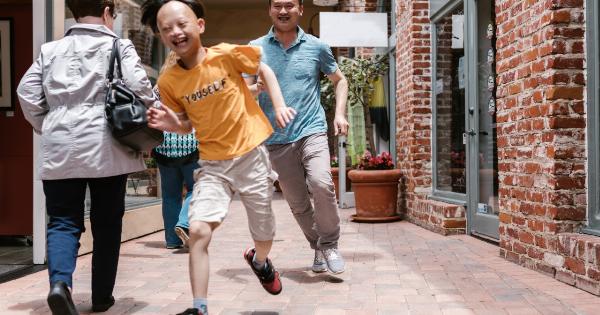Empathy, the ability to understand and share the feelings of another, is a powerful emotion that can bring people together, strengthen relationships, and create a more compassionate and caring society.
In a world where conflicts and divisions seem to be increasing, cultivating empathy has become more important than ever before. While empathy is often thought of as an individual trait, it is also something that can be learned and practiced by the whole family.
Teaching children empathy from an early age not only instills in them a sense of kindness and understanding but also sets them up for a lifetime of meaningful connections and positive relationships. In this article, we will explore the power of empathy and discuss practical ways to incorporate it into family life.
1. Understanding Empathy
Empathy is the ability to put oneself in someone else’s shoes and experience their emotions and perspectives. It involves not only recognizing and being aware of others’ feelings but also responding to them with understanding and kindness.
Empathy allows us to connect with others on a deeper level, fostering trust, compassion, and mutual respect.
2. The Benefits of Empathy
Empathy has numerous benefits for individuals and society as a whole. Research shows that empathetic individuals are more likely to have better mental health, higher levels of life satisfaction, and increased overall well-being.
They also tend to have stronger social connections and more successful relationships. In addition to the personal advantages, empathy promotes social cohesion, reduces prejudice, and encourages prosocial behavior.
3. Cultivating Empathy in Children
Children are naturally empathetic, but they need guidance and support to develop and nurture this trait. Here are some strategies for cultivating empathy in children:.
4. Model Empathy
Children learn best by observing their parents and caregivers. Show empathy in your own interactions with others, both within and outside the family.
This can be as simple as actively listening, offering support, and expressing kindness and understanding towards others.
5. Practice Active Listening
Teach children the importance of active listening – giving their full attention and genuinely trying to understand what someone is saying. Encourage them to listen without interrupting and to ask clarifying questions to ensure accurate understanding.
6. Encourage Perspective Taking
Help children see things from different perspectives by discussing various viewpoints on different topics. This helps them understand that people may have different thoughts, feelings, and experiences than their own.
7. Foster Emotional Literacy
Help children recognize and name different emotions. Encourage them to share their own feelings and thoughts, and provide a safe space for them to express themselves openly. This helps children develop empathy towards themselves and others.
8. Teach Conflict Resolution
Conflict is a natural part of life, but empathy can play a key role in resolving conflicts peacefully. Teach children strategies for listening to others’ perspectives, finding common ground, and seeking win-win solutions.
9. Engage in Empathy-Building Activities
Engage the whole family in activities that promote empathy. This could include volunteering at a local charity, participating in community service projects, or even engaging in acts of kindness towards one another within the family.
10. Reflect and Discuss
Regularly engage in discussions about empathy as a family. Reflect on situations where empathy was demonstrated and its positive outcomes. Encourage family members to share their experiences, challenges, and successes in practicing empathy.
In conclusion, empathy is a powerful force that has the ability to transform relationships and create a more compassionate world.
By teaching and practicing empathy within the family, we can raise children who are not only empathetic but also equipped with the skills to contribute positively to society. So, let empathy guide your interactions, and watch how it brings your family closer and creates a ripple effect of kindness in the world.





























